Indonesia eyes the world stage
Joining Brics could give the Southeast Asian nation a new level of global influence
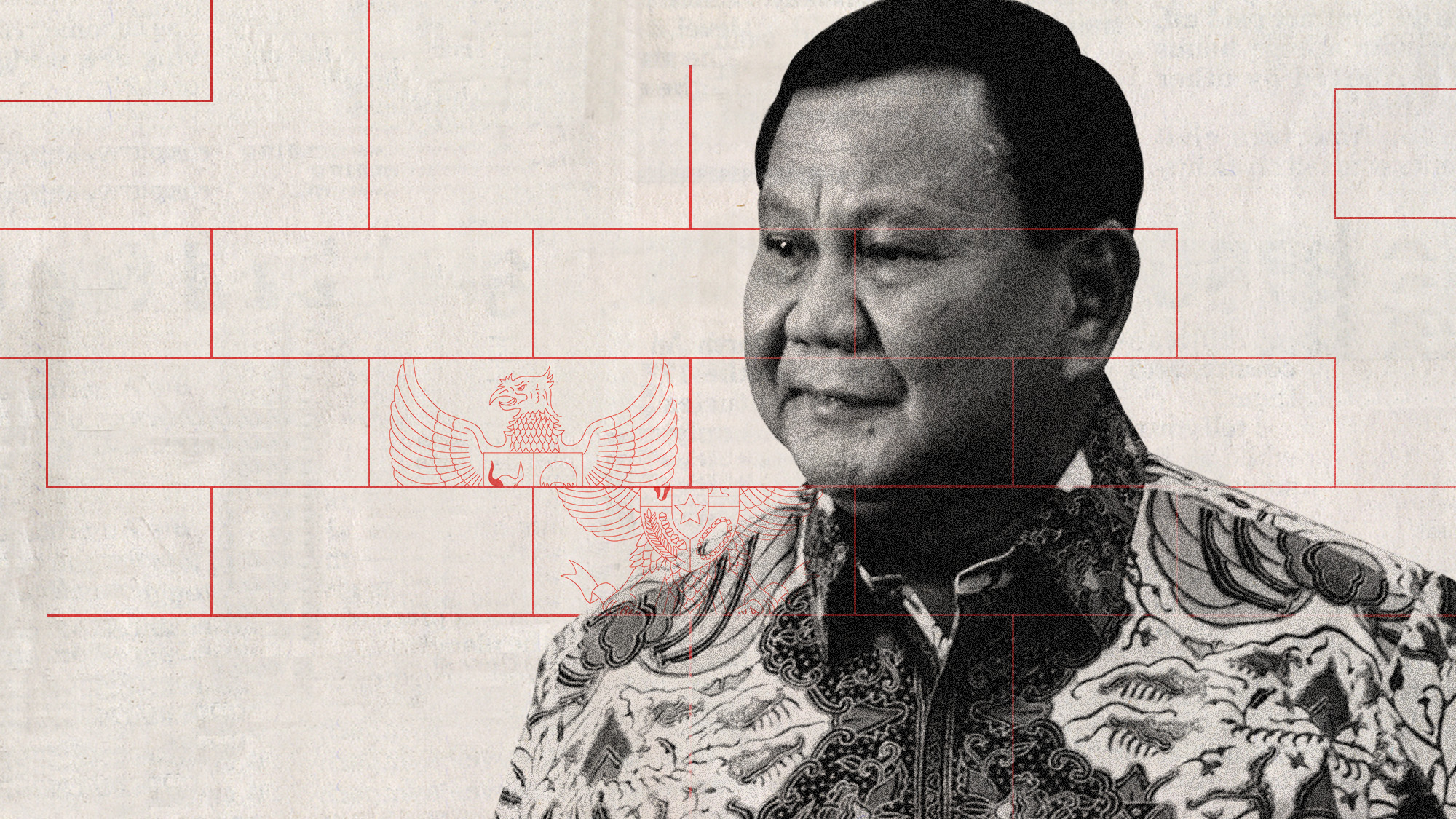
A free daily email with the biggest news stories of the day – and the best features from TheWeek.com
You are now subscribed
Your newsletter sign-up was successful
Indonesia has officially joined the Brics group, adding Southeast Asia's largest economy and most populous country to the economic and political bloc founded by Brazil, Russia, India and China in 2009.
The move bolsters the international alliance, seen as a counterpart to the G7 group, and also marks the latest chapter in Indonesia's bid to become a more influential player on the world stage.
Global leverage
In 2023, the then president of Indonesia, Joko Widodo, refused to join Brics, saying the government was still mulling its options and did not want to "rush into it". But Prabowo Subianto, who succeeded him last year, "has no such concerns", said DW.
The Week
Escape your echo chamber. Get the facts behind the news, plus analysis from multiple perspectives.

Sign up for The Week's Free Newsletters
From our morning news briefing to a weekly Good News Newsletter, get the best of The Week delivered directly to your inbox.
From our morning news briefing to a weekly Good News Newsletter, get the best of The Week delivered directly to your inbox.
Indonesia "does not intend to break away from the West either slowly or immediately", M. Habib Abiyan Dzakwan, from the Center for Strategic and International Studies Indonesia think tank, told DW. "In Indonesia's foreign policy DNA, all are friends," he said, and Jakarta "just wants to increase its playing field".
"As a middle power" being a member of Brics offers Indonesia "leverage in the global order", said Teuku Rezasyah, an international relations expert from Padjadjaran University in West Java. And with the US "veering towards unilateralism" under the incoming Trump administration, the move will "bolster" Indonesia's "multilateral credentials", said Alexander Raymond Arifianto, a senior fellow at the S. Rajaratnam School of International Studies in Singapore.
Grand ambitions
Two other developments could significantly help the nation's economy and global standing in the years to come. Indonesia now produces nearly half the world’s refined nickel and two-thirds of its mined nickel, said The Economist. As its market share has grown, "so too has the grandeur of its politicians' ambitions", and they plan to build a complete electric vehicle supply chain, something only China has managed so far.
This vision underpins Prabowo's "ambitious target" for Indonesia’s GDP to grow by 8% each year, but Jakarta's hope that nickel is "the ticket to becoming a developed nation by 2045" has created concern, said The Guardian. To boost the nickel industry, Indonesia has "created a loophole" on coal, permitting new coal power plants to power nickel smelters as long as they shut down before 2050, arguing that nickel production is "critical for the green transition".
A free daily email with the biggest news stories of the day – and the best features from TheWeek.com
So "calling the nickel industry a part of the green transition is a joke", said environmental campaigner Muhammad Taufik. Although "it is good that it creates jobs", it "also destroys ecosystems and people's lives". Indonesia is now consuming more coal than ever and setting new highs for carbon dioxide emissions.
Chas Newkey-Burden has been part of The Week Digital team for more than a decade and a journalist for 25 years, starting out on the irreverent football weekly 90 Minutes, before moving to lifestyle magazines Loaded and Attitude. He was a columnist for The Big Issue and landed a world exclusive with David Beckham that became the weekly magazine’s bestselling issue. He now writes regularly for The Guardian, The Telegraph, The Independent, Metro, FourFourTwo and the i new site. He is also the author of a number of non-fiction books.
-
 Democrats push for ICE accountability
Democrats push for ICE accountabilityFeature U.S. citizens shot and violently detained by immigration agents testify at Capitol Hill hearing
-
 The price of sporting glory
The price of sporting gloryFeature The Milan-Cortina Winter Olympics kicked off this week. Will Italy regret playing host?
-
 Fulton County: A dress rehearsal for election theft?
Fulton County: A dress rehearsal for election theft?Feature Director of National Intelligence Tulsi Gabbard is Trump's de facto ‘voter fraud’ czar
-
 Panama and Canada are negotiating over a crucial copper mine
Panama and Canada are negotiating over a crucial copper mineIn the Spotlight Panama is set to make a final decision on the mine this summer
-
 Why Greenland’s natural resources are nearly impossible to mine
Why Greenland’s natural resources are nearly impossible to mineThe Explainer The country’s natural landscape makes the task extremely difficult
-
 The Alps start the countdown to ‘peak glacier extinction’
The Alps start the countdown to ‘peak glacier extinction’IN THE SPOTLIGHT Central Europe is losing ice faster than anywhere else on Earth. Global warming puts this already bad situation at risk of becoming even worse.
-
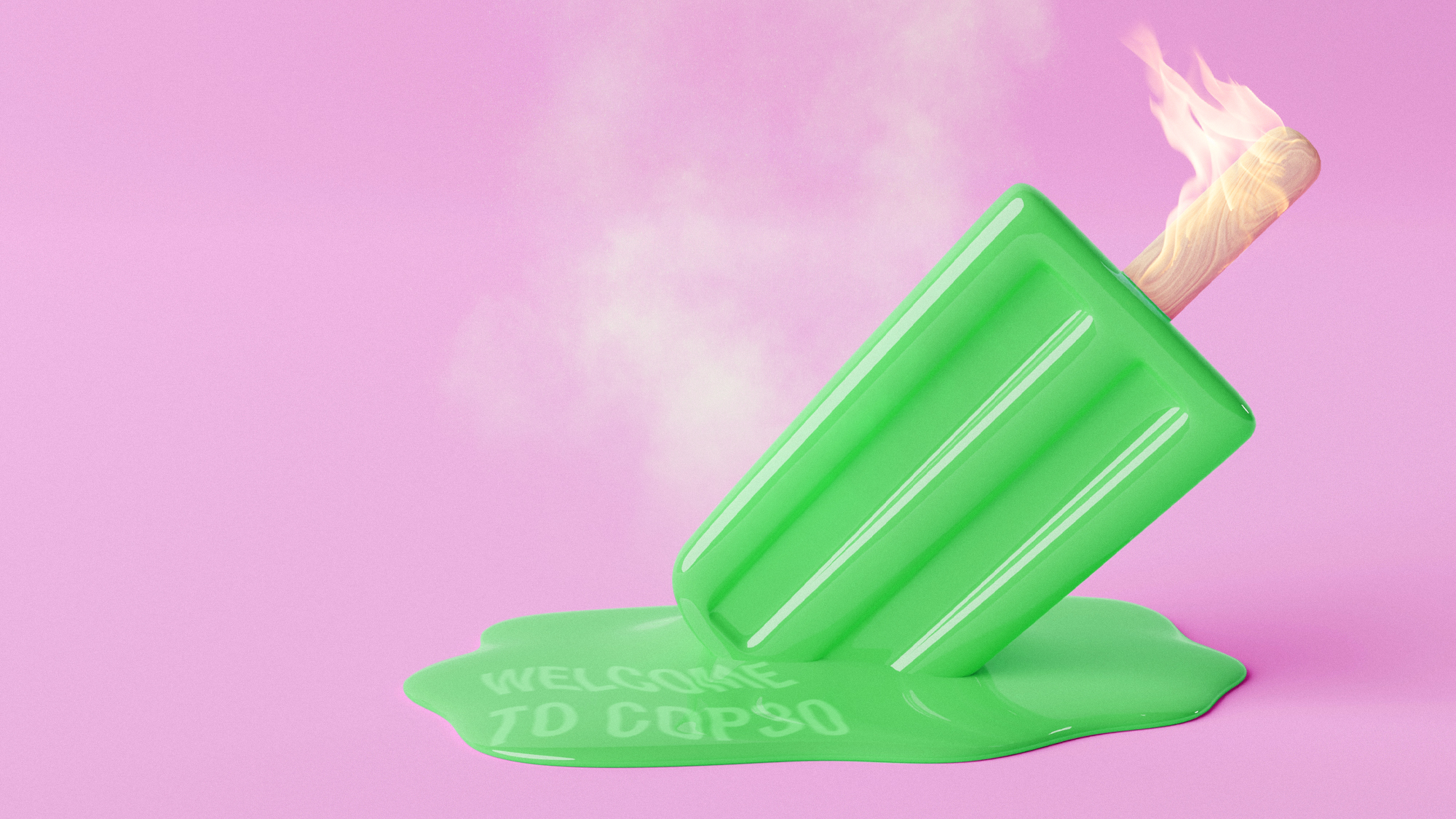 Cop30: is the UN climate summit over before it begins?
Cop30: is the UN climate summit over before it begins?Today’s Big Question Trump administration will not send any high-level representatives, while most nations failed to submit updated plans for cutting greenhouse gas emissions
-
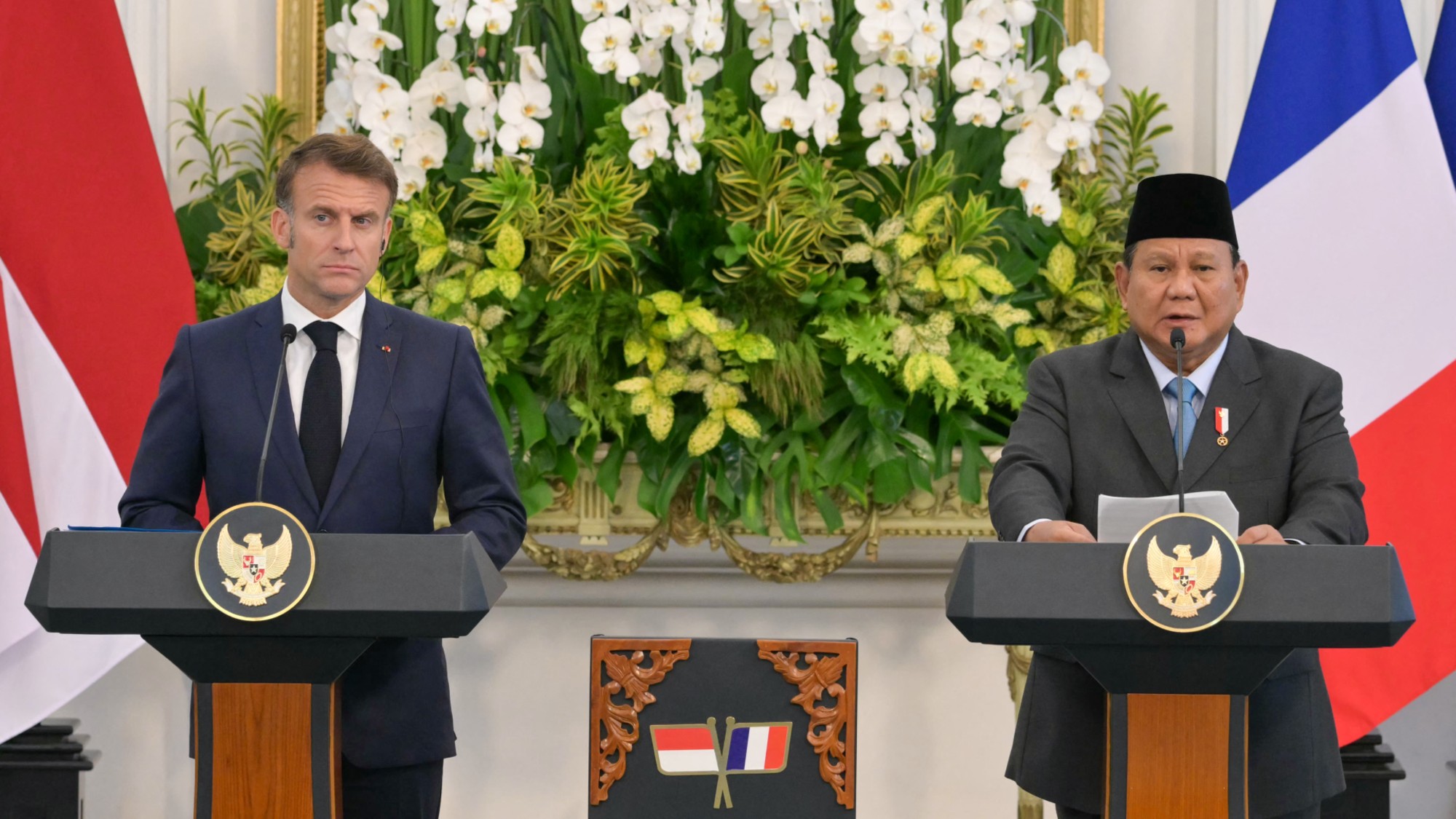 The France-Indonesia push for an Israeli-Palestinian two-state solution
The France-Indonesia push for an Israeli-Palestinian two-state solutionTalking Points Both countries have said a two-state solution is the way to end the Middle East conflict
-
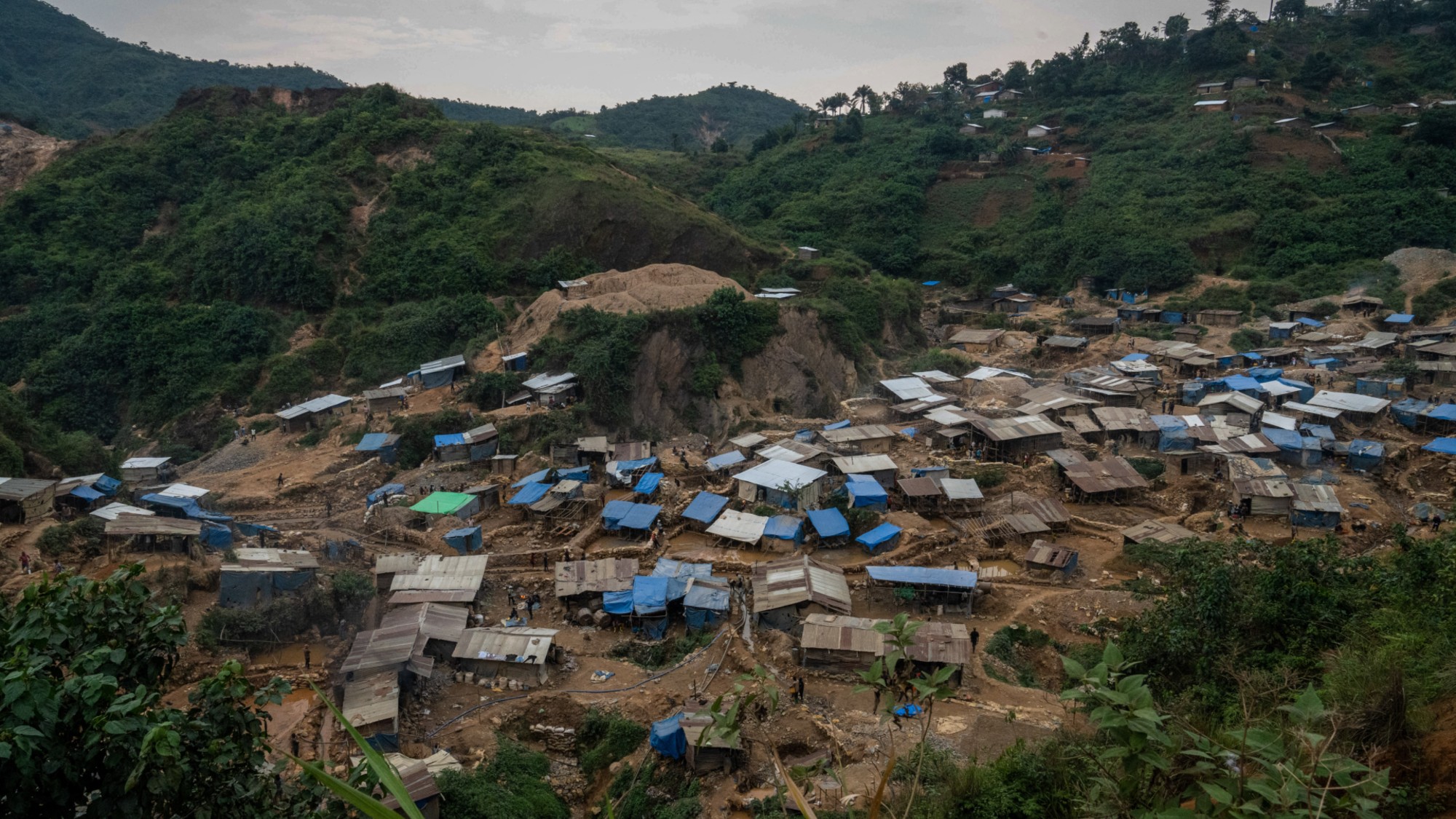 Blood minerals in DR Congo
Blood minerals in DR CongoUnder the Radar Battle for control of DRC fuelled by increasing demand for minerals such as coltan and cobalt, crucial in smartphones and laptops
-
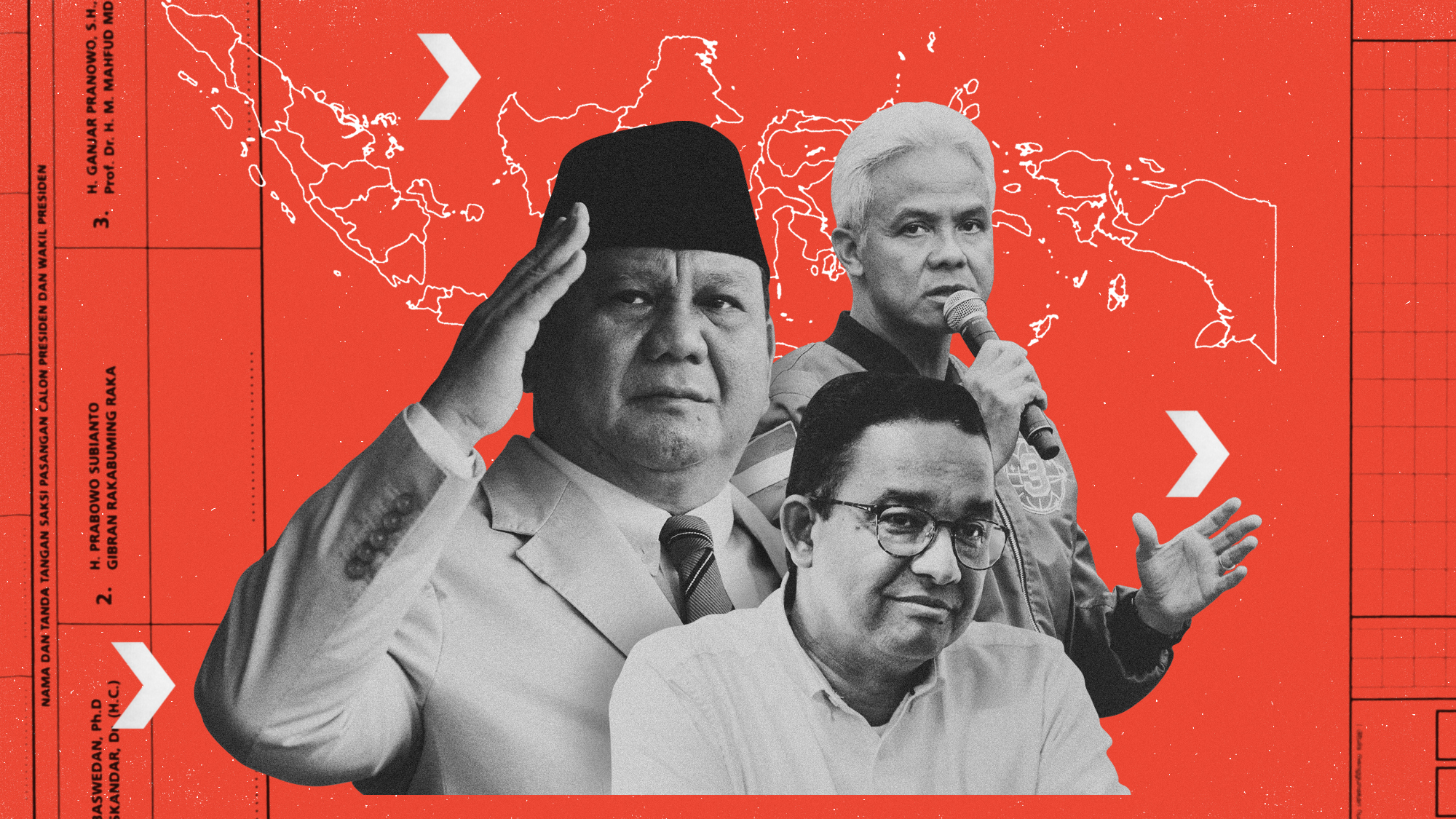 Where does Indonesian democracy go from here?
Where does Indonesian democracy go from here?Today's Big Question With a controversial former general dogged by allegations of human rights abuses poised to take over the third-largest democratic country on Earth, Indonesia faces an uncertain path forward
-
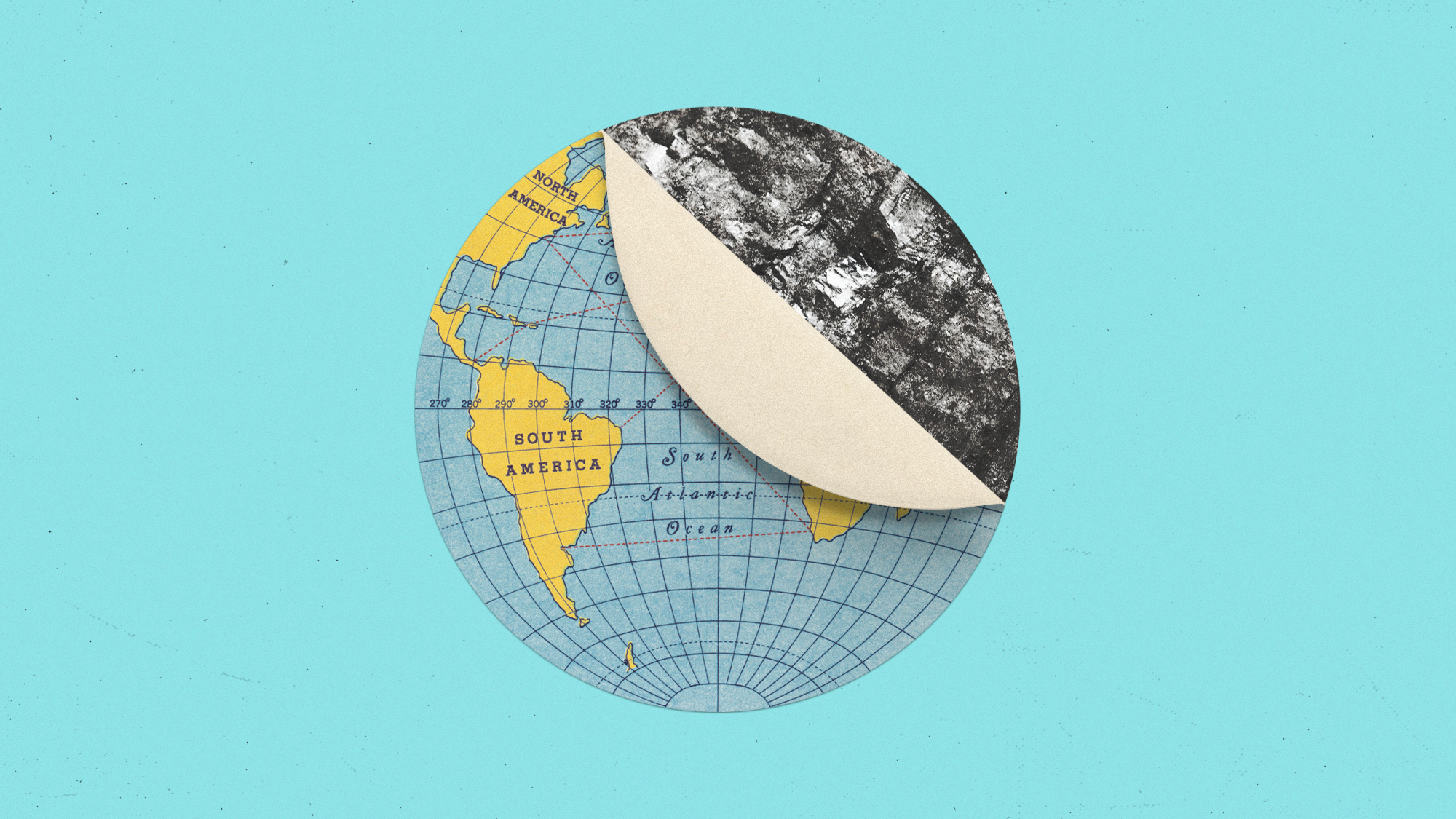 Can the world really wean itself off coal?
Can the world really wean itself off coal?Today's Big Question 'Record' global consumption is set to fall soon but growing demand in China and India could increase tensions